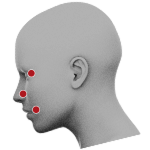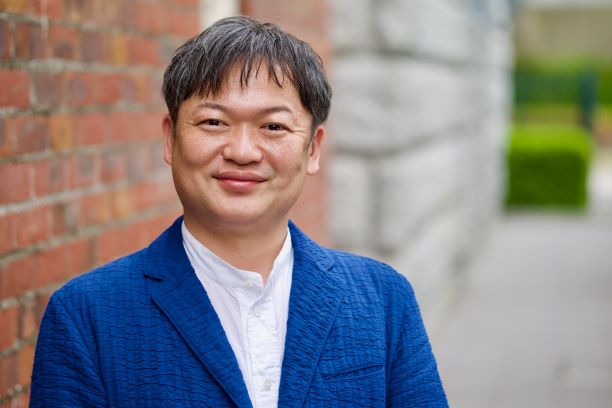RARA Fellow
Augmenting Eating Experiences by Exploring Multisensory Perception



Augmenting Eating Experiences by Exploring Multisensory Perception
SCROLL
FELLOW PROFILE
Earned a PhD in Psychology at Nihon University Graduate School of Literature and Social Sciences in 2002.
After working as a Principal Researcher at the National Agriculture and Food Research Organization and other posts, became a Full Professor in the College of Gastronomy Management at Ritsumeikan University in 2018.
Contributing to well-being by understanding the mechanisms of “tastiness”
My research topic involves human multisensory information, identifying eating behaviors, and constructing a new gastoronomic cognitive science that synthesizes information from psychology and related sciences. By understanding the primary factors in the formation of food images such as risk perception and value systems, as well as multisensory integration mechanisms, I aim to create a integrated gastronomic science research center to develop and apply this knowledge and share techniques for communication, sensitivity and the senses, and the transmission of information.
Food perception and eating behavior emerge not only from sensory perception but also from individual preferences and personal differences. It is almost like magic—fascinating and perplexing. For example, insect-based foods, such as candied grasshoppers, may appear appetizing to those with a preference for them, while evoking disgust in others who may not even perceive them as food. The mechanisms through which shared perceptual processes give rise to such vastly different impressions could offer valuable insights into a comprehensive understanding of the human mind.
I aim to uncover unexplored topics within the traditional paradigms of gastronomic and chemical sensation research—such as the interaction between breathing and the senses of taste and smell, and the potential to visualize flavors. Building on these insights, I seek to develop innovative applications that leverage these discoveries. Additionally, my research focuses on unraveling the mechanisms that shape subjective values and perceptions of risk. With these findings, I aspire to contribute to gastronomic SDGs and promote psychological well-being through a comprehensive understanding of the human mind.
Going forward, I would like to focus my investigations on psychophysical research using sensory devices to study the interactions between the five senses. With cooperation from food manufacturers, I will examine the special characteristics of the sensations involved in plant-based food and develop value-adding strategies. Furthermore, I would like to conduct surveys, studies, and the development of teaching materials for cognitive sciences on the topics of growth environments from infancy and adults’ impressions of food products.
More and more researchers are focusing on human perception mechanisms and consumer recognition to achieve better value-added food products and food security. To meet these needs, I believe that it will be useful to build a new gastronomic cognitive science that integrates food product fields and cognitive science, and to implement education and research accordingly. As Ritsumeikan University aims to become a next-generation research university, I think we need to find a broad base of talent that truly feels societal needs, and we need education and research that integrate industry and academia.
Partnerships:
I would like to create novel eating experiences in collaboration with industry and academic institutions in the field of information sciences that intend to measure psychological effects and other information in virtual reality spaces and metaverses in addition to the real world. I would also like to collaborate with food manufacturers working to develop new food products, and with industry, government, and academic organizations that want to implement social and science communication (such as risk communication), in order to run trials related to adding greater value and the reception of new technologies.
Research collaborations:
I believe that an important part of cooperation is understanding one another’s interests and defining the benefits to both the people involved and society.



Latest Research Activity Report
-

Research Activity Report / Yuji Wada / Satoshi Konishi / Takanobu Nishiura / Kentaro Kaneko / Masayo Takahashi / Kota Suechika / Tomoko Hasegawa / Meng Lin / Haruo Noma / Ryo Akama / Satoshi Tanaka / Kazuto Saiki
RARA Fellows and RARA Associate Fellows exhibited at the Ritsumeikan TanQ Park
2025 / 11 / 05
VIEW DETAIL
-

Research Activity Report / Yuji Wada
Synchronized sounds selectively boost non‑dominant‑eye perception ― Study by Dr. Hikari Takebayashi and Prof. Yuji Wada published in Cognitive Processing
2025 / 08 / 25
VIEW DETAIL
-

Research Activity Report / Yuji Wada
Research achievements by Professor Yuji Wada and others have been published in Appetites
2025 / 06 / 02
VIEW DETAIL

